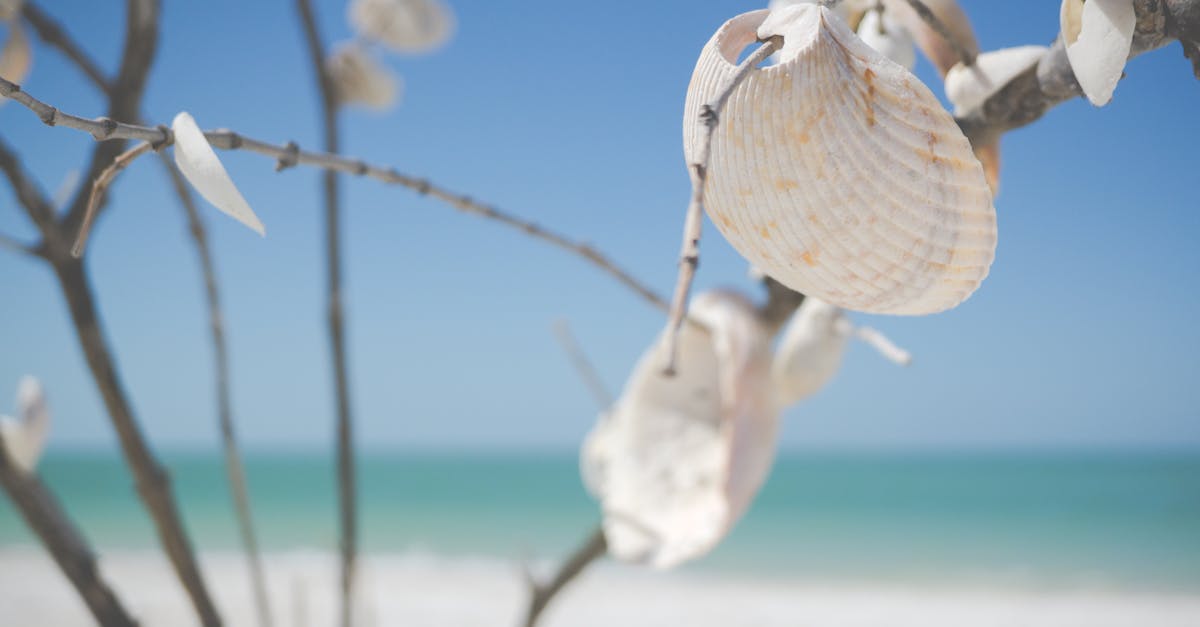Are you ready to reel in a new perspective on sustainable fishing practices along Florida’s stunning beaches? In our comprehensive guide, we dive deep into the world of responsible angling, exploring ways to protect marine ecosystems while enjoying the thrill of the catch.
From conservation tips to best practices, we’ve got you covered with everything you need to know to make a positive impact on our coastal waters.
Join us as we cast a spotlight on sustainable fishing in the Sunshine State and discover how each of us can play a vital role in preserving our marine treasures.
Key Takeaways
- Sustainable fishing focuses on conserving fish populations and their habitats through practices like catch-and-release and using biodegradable gear.
- Responsible angling is essential for protecting marine ecosystems, including following fishing regulations and practicing catch-and-release.
- Conservation tips for anglers include properly disposing of fishing gear, gentle catch-and-release, and avoiding fishing in protected areas.
- Best practices for sustainable fishing on Florida beaches involve proper gear disposal, gentle catch-and-release, and respecting protected zones.
- Anglers play a vital role in marine preservation by following guidelines for gentle handling of fish and proper gear disposal to protect marine ecosystems.
- By fishing mindfully and following sustainable practices, anglers contribute to the long-term health of Florida’s coastal environment and preserve it for future generations.

Understanding Sustainable Fishing
When it comes to sustainable fishing, it’s crucial to understand the importance of protecting our marine environments. By following best practices and guidelines, we can help ensure that future generations can enjoy the same abundant marine life that we do today.
Sustainable fishing focuses on conserving fish populations and their habitats for long-term viability. It involves practices such as catch-and-release, using biodegradable gear, and respecting fishing regulations. By being mindful of our impact, we can protect marine ecosystems while still enjoying the thrill of fishing.
Remember, every small action counts when it comes to sustainable fishing. Whether it’s properly disposing of fishing line or supporting marine conservation efforts, we all play a part in keeping our oceans healthy and vibrant.
For more information on sustainable fishing practices, check out the Florida Fish and Wildlife Conservation Commission’s guidelines and the National Oceanic and Atmospheric Administration’s sustainable fishing resources.
Importance of Responsible Angling
When we talk about sustainable fishing practices, responsible angling plays a crucial role. It’s not just about catching fish; it’s about protecting our marine ecosystems for future generations. By practicing responsible angling, we can help preserve fish populations and maintain the balance in our oceans.
One of the key aspects of responsible angling is catch-and-release. By releasing fish back into the water carefully, we give them a chance to reproduce and grow. Using biodegradable fishing gear also reduces the environmental impact on marine life.
Remember, following fishing regulations is essential to protect vulnerable species and ensure sustainable fishing practices. Check out resources from the Florida Fish and Wildlife Conservation Commission and the National Oceanic and Atmospheric Administration for more information on responsible angling and marine conservation.

Conservation Tips for Anglers
When fishing on Florida beaches, there are essential tips we should follow to ensure the sustainability and conservation of our marine environment:
- **Properly dispose of fishing lines, hooks, and other gear to prevent harm to wildlife.
- **Catch and release fish gently to minimize stress and ensure their survival after release.
- **Avoid fishing in designated protected areas to protect vulnerable species and habitats.
By following these conservation tips, we can all play a role in preserving the delicate balance of Florida’s marine ecosystems.
For more information on responsible angling practices and marine conservation efforts, visit the Florida Fish and Wildlife Conservation Commission and the National Oceanic and Atmospheric Administration.
Best Practices for Sustainable Fishing
When fishing on Florida beaches, it’s crucial to follow sustainable practices to protect our marine ecosystems. Here are some simple guidelines to ensure we can continue enjoying fishing while conserving our environment:
- Properly dispose of fishing gear: Always discard old lines, hooks, and packaging in designated bins to prevent harm to marine life.
- Catch and release gently: Handle fish with care, use barbless hooks, and release them quickly to minimize stress and injury.
- Avoid fishing in protected areas: Respect marine reserves and protected zones to help preserve habitats and species.
Remember, by practicing sustainable fishing, we can all play a part in protecting Florida’s coastal environment. For more information on responsible angling practices, visit the Florida Fish and Wildlife Conservation Commission and the National Oceanic and Atmospheric Administration.

Playing a Vital Role in Marine Preservation
When it comes to sustainable fishing practices in Florida, we are not just anglers. We are stewards of the marine environment. By following guidelines like proper gear disposal and gentle catch-and-release techniques, we help protect marine ecosystems from harm. Our actions have a direct impact on the well-being of species like fish, sea turtles, and seabirds that call these waters home.
Through these responsible practices, we contribute to the overall health of Florida’s coastal environment. By fishing mindfully and respecting the guidelines in place, we ensure that future generations can enjoy the same bountiful waters that we do today. Let’s continue to fish sustainably and preserve the beauty of Florida’s beaches for years to come.
For more information on responsible angling practices, visit the Florida Fish and Wildlife Conservation Commission and the National Oceanic and Atmospheric Administration.